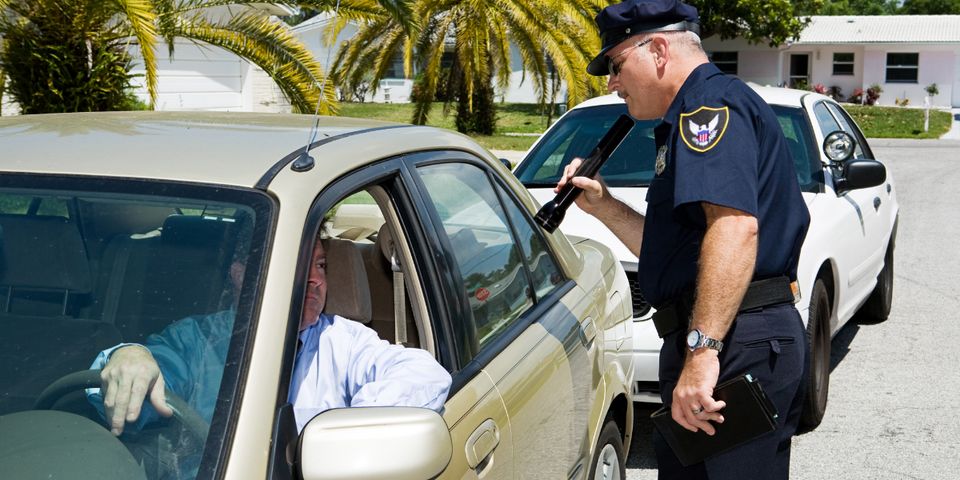A Guide to Consequences for Refusing Breathalyzer Tests in Tennessee

If an officer believes a motorist is under the influence of alcohol, they can ask the individual to submit to a breathalyzer test. The test determines a driver's blood alcohol content (BAC). If the driver's BAC is 0.08 or higher, the police officer can charge them with a DUI. Each state has administrative or criminal penalties for refusing to take this test, and below is a brief overview about what happens in Tennessee.
What Are Tennessee's Implied Consent Laws?
Implied consent laws assert that anyone operating a vehicle gives their unspoken consent to provide breath, blood, or urine tests to law enforcement when requested. In Tennessee, an officer can only request a test if they suspect a driver is intoxicated. An officer has cause for this suspicion when a person violates a traffic law, drives erratically, or experiences an accident. The officer's judgement during the traffic stop will also guide the decision. For example, if they notice a driver has slurred speech, red eyes, and other signs of intoxication, they may ask them to take the test. Blood testing is not part of the state's implied consent. Unless the officer has a warrant, they cannot penalize a driver for refusing a blood test.
How Does Tennessee Handle Breathalyzer Refusals?

Unlike some states, Tennessee applies administrative penalties for refusing the breathalyzer test. The refusal is considered a class A misdemeanor. Instead of jail time, the court will suspend a driver's license for one year, as long as there are no DUI convictions on their record within the past 10 years. If the driver does have a recent DUI conviction, the license suspension jumps to two years. If the driver caused an accident where people were injured, the suspension can also be two years.
A person with a suspended license can get a temporary permit. With this license, they can only travel to specific places, such as their job. The court might also require the driver to outfit their vehicle with an ignition interlock device. This tool requires the driver to take a breathalyzer test before they can start the vehicle.
If you are facing license suspension for refusing a breathalyzer test, contact an attorney. They will review the implied consent laws pertaining to your situation. They will also check the police report, surveillance footage, and any other evidence. This helps them craft a defense if the officer's grounds for the request were invalid or your rights were violated.
When you need a qualified attorney to help you fight a license suspension or DUI charge in Tennessee, contact Kevin R. Bryant Attorney at Law in Crossville. With over 16 years of experience, this lawyer helps residents throughout Cumberland County with civil litigation and criminal law cases. Visit him online for more information about his practice areas, and call (931) 787-1004 to schedule a consultation.
About the Business
Have a question? Ask the experts!
Send your question

